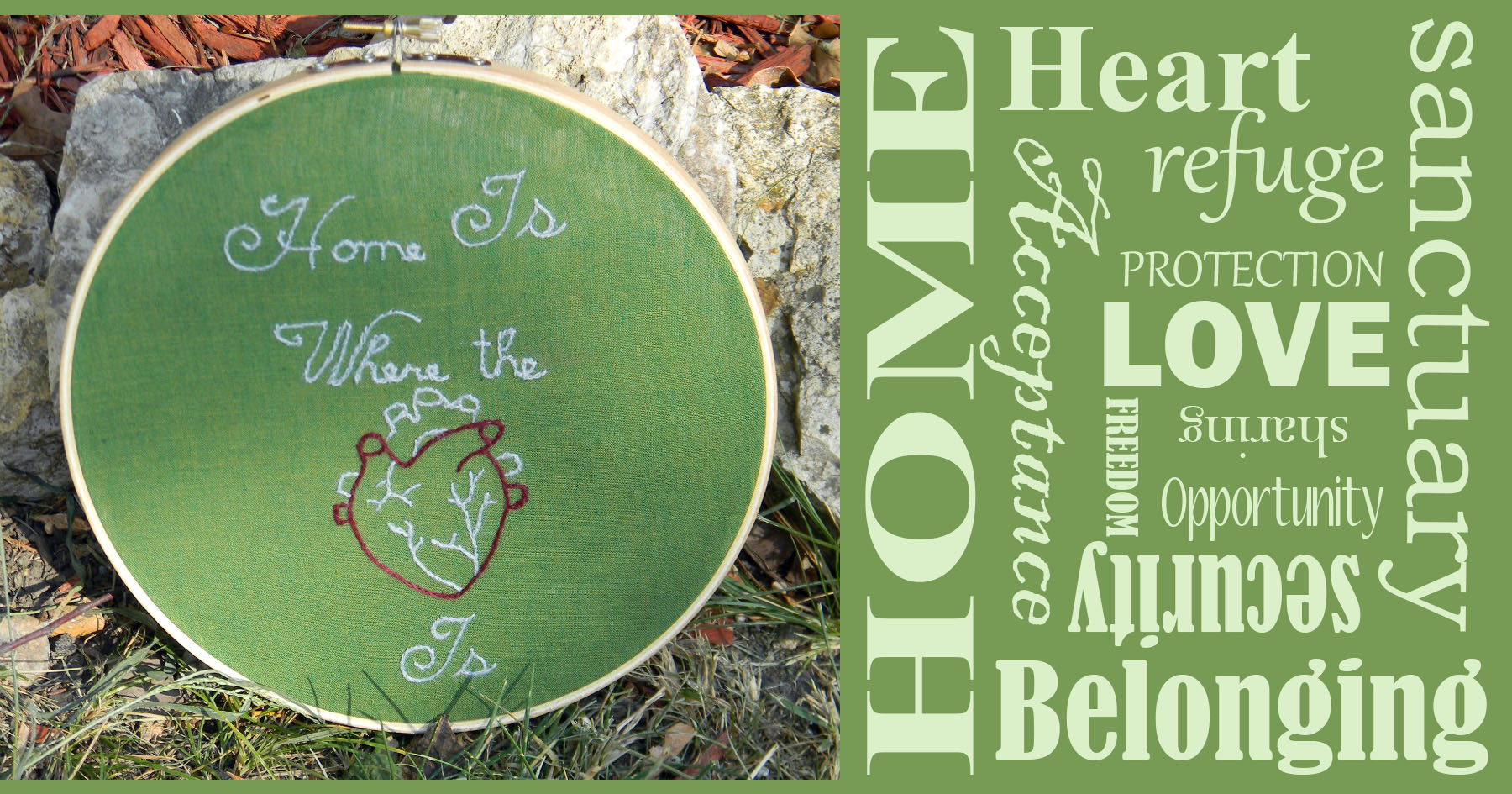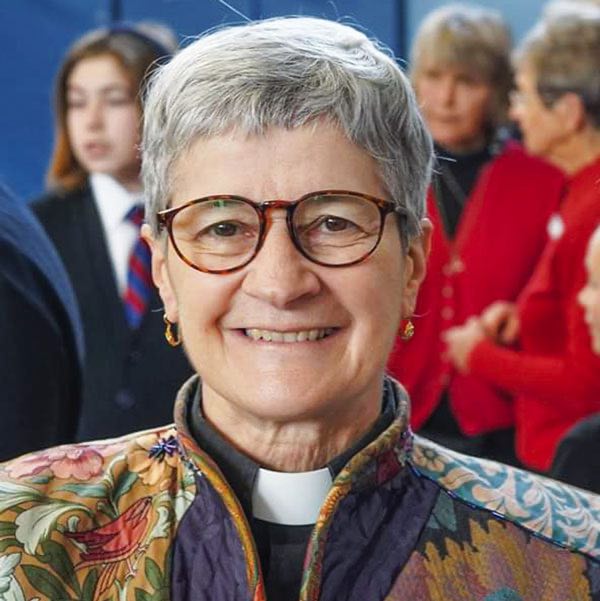In the church, we are used to thinking of sanctuary as the holiest part of our church buildings. It is where the congregation gathers to worship and the clergy preside over liturgies. But many millions of desperate migrants around the world seek a simpler form of sanctuary — a place of basic refuge, safety and protection. Many of these situations are distant and complex, like those of the Belarus–European Union border crisis: https://en.wikipedia.org/wiki/2021%E2%80%932022_Belarus%E2%80%93European_Union_border_crisis.
Others are right here in Canada, where the Roxham Road “casual” border crossing to and from the United States was recently closed: https://en.wikipedia.org/wiki/Roxham_Road. The immensity of human suffering involved in many of these situations is beyond the capacity of mere words to describe.
There’s also a widespread idea of our homes — no matter how humble — being our primary sanctuaries. I especially felt this after a common type of surgery with an outcome that could not be predicted in advance — would I wake up with news of serious illness or impending death, or would the explorations and parts removed find nothing worrisome? They found nothing troubling, and returning home two days later, I felt like my home, my work and my life were the most awesome gifts imaginable. Spending the first night home on the recliner chair, surrounded by old furniture in my old mobile home, in front of an old friend’s painting of what later turned out to be Lady Wisdom (Holy Spirit), I felt like the Queen of Sheba — fortunate beyond words.
Most migrants on the move around the world want nothing more than a tiny share of the home and health securities, freedoms and education and work opportunities that we Canadians enjoy. Even to have a fraction of what we have, in those areas, is almost beyond their hopes and dreams. A 2022 movie called The Swimmers (based on a true story) shows us both hope and despair, both human treachery and compassion — and that ultimate triumph of the human spirit that we all long for and pray will prevail. But the number of overcrowded sinking migrant boats continues to grow.
But home as sanctuary also has a bittersweet pragmatic side. Even a safe and generous country like Canada has a huge problem in providing affordable housing for its own citizens, especially for younger generations. And this too constrains our capacity to house migrants. As a slightly humorous and incisive Tweet by Vancouver journalist Michelle Cyca puts it:
my parents bought their house in 1976 for $58,000. in 2022 dollars, that would be $279,160.
their 2022 assessment valued the house at $2.09 million.
i don’t think getting married at 34 instead of 24 is the reason my generation can’t buy homes. thanks for coming to my ted talk.
Given this sad domestic situation, how then can we respond to those from afar seeking sanctuary on our shores?
Well, right here in Victoria, BC, we are confronted with some worrisome historic trends. Some of those who have been well-housed for generations and own single homes on large lots, resist increased housing densification — mostly with the presumably noble argument of “preserving our heritage.” As many have pointed out, this defense can be seen as a thinly veiled protection of one’s own sense of entitlement. Higher density housing is also infinitely more ecologically sound, since it means that each person’s “land footprint” (how much land is housing how many people) is much smaller. And multiple housing units of various kinds, from townhouses to condos to rental apartments, etc., are also far more efficient in things like heat consumption. As well, denser populations create more amenities — from grocery stores to bakeries to hairdressers and other businesses, because of all the potential customers in the neighbourhood. This, in turn, means less driving, so less carbon emissions. As well, there will be more public transport since there are more people available to make it viable.
And by building higher-density truly affordable housing, not only will many more working families have homes, but there should be more land leftover for green spaces, parks and other shared recreational facilities. Plus, our fellow animal creatures could still have their homes in those green spaces with humans kindly not using up too much land per person. With the overall ecological benefits that could come from higher density housing, all of us who care about future generations could breathe easier, knowing that they will enjoy a healthier environment than where the world is currently headed at literally breakneck speed.
Seeking sanctuary cannot be confined to a myopically selfish protection of the privileges of the past. Instead, we’re encouraged to open our hearts and minds to a vision for a better planetary home for all the Creator’s living beings, including the Earth itself.




